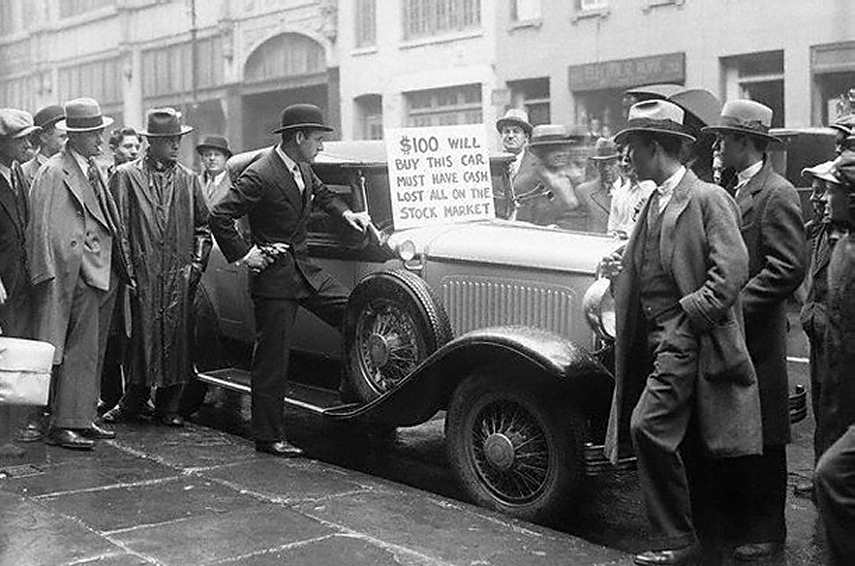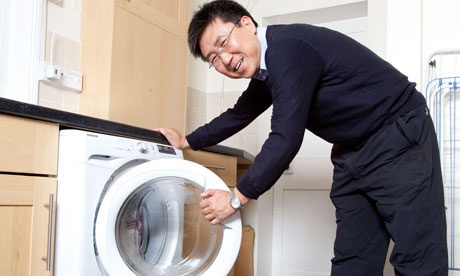
Economist Ha-Joon Chang, who’s authored the first title of the new Pelican imprint, explains the importance of anchovies and guano and technology, in a Financial Times diary post. An excerpt:
“Despite its small size, the anchovy is arguably the most important fish in the world. It is eaten in large quantities everywhere and in so many different ways: raw (a delicacy in some parts of Korea); dried (in Korea and Japan); cured (around the Mediterranean); fried (all over Asia, including India, Indonesia, and Korea); as fermented sauce (not just in Korea, Vietnam, or Thailand but also in ancient Rome – garum); and even drunk (all over the world, through the Worcester sauce in a Bloody Mary). Impressive though the culinary role it has played in so many different cultures may be, the anchovy’s economic role used to be even greater – at least in Peru.
In the mid-19th century, Peru had an economic boom based on the export of guano, namely, desiccated seabird droppings, deposited over thousands of years by cormorants and boobies, whose main food source was the anchovies migrating along the Pacific coast of South America. Rich in nitrate and phosphorous, guano was a highly prized fertiliser. It was also a key ingredient in the manufacture of gunpowder. This was a time when Europe and North America needed both fertiliser and gunpowder in large quantities.
Unfortunately, the guano boom came to an abrupt end in the early 20th century, when German scientist Fritz Haber, inventor of poison gases used in the first world war, developed a method of isolating nitrogen from the air to make ammonia, using high-voltage electricity. With this invention, the mass production of artificial fertiliser became possible, deposing guano from its throne in the fertiliser kingdom. The price of guano fell and Peru’s export earnings plummeted, dealing a huge blow to the economy.
The Peruvian story shows that it is not a country’s natural resources but its capabilities to generate more productive technologies that determine its prosperity; your natural resources may become far less valuable if others invent synthetic substitutes. Such technological capabilities are almost always acquired through industrialisation, which is why few countries have remained rich in the long run without successful industrialisation.”



